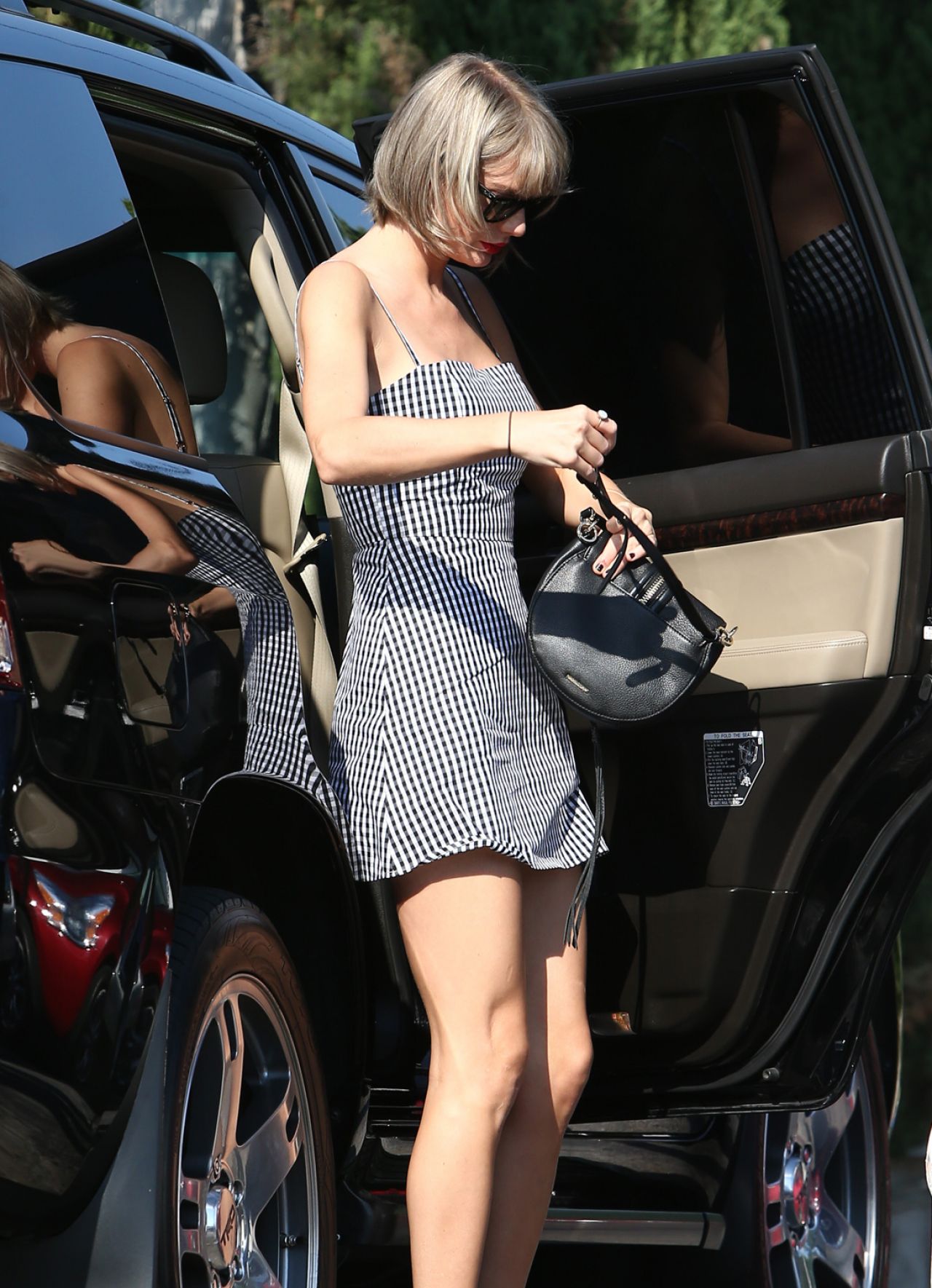

Her hope, it seems, is to override those archival works with these new versions. Why is Taylor Swift re-recording her albums? Anyone who hits play on an old version of Swift’s early songs right now will still pay into the bank of Braun. On the personal front, it was contentious: Swift claims Braun, who manages stars like Kanye West and Justin Bieber, has repeatedly bullied her, and so she slammed the sale publicly and promised to rerecord those original six albums, this time with the masters under her own control. On a business level, Braun’s move was smart: Swift’s master recordings reap profits whenever the songs are streamed or bought.


He then sold her masters to another company, Shamrock Holdings, for a reported $300 million in 2019. What is Taylor Swift’s dispute with her old label?īut Swift’s behind-the-scenes moves became front-page news when Big Machine sold to private-equity group Ithaca Holdings, an entity owned by powerhouse music manager Scooter Braun. But Swift has power that most don’t, and her very personal fight to reshape the way wealth is distributed from creative work is a potential model for wrestling compensation back from industry forces. It’s a pipe dream for artists of any kind. Her goal now: make sure it stays within her control. Art also makes money, and Swift is equally adept at that. Art makes us feel things, a craft at which Swift is a master. But beneath those dreamy soundscapes is an artist who’s been fighting for years now to manage the means, method of production, and distribution of her work.
#Taylor swift album full#
Now 31, Swift has gone full indie-pop-as shown by her Grammy-winning turn on her recent album Folklore. In these rerecordings, the lyrics and production haven’t changed that much: it’s Swift’s business that’s shifted. Called “Taylor’s Version” on streaming platforms, the new mix will soon be followed by rerecordings of Swift’s back catalog, beginning with the rest of her album Fearless, which arrives April 9. (But in this updated version mixed in Spatial Audio with Dolby Atmos, the difference is clear: more warmth, more intimacy, more clarity with which to appreciate the deceptive ease of Swift’s songwriting.) Elsewhere, she revisits other juggernauts like “Fifteen,” “Forever & Always,” and, of course, “You Belong With Me,” another of her biggest-selling songs.If you pay close attention, you can hear it: there’s a new lushness in the opening banjo twangs, and an extra beat when she sings the lyric “Just say yes.” But the difference between the 2008 version of Taylor Swift’s “Love Story,” which helped propel Swift to pop stardom, and the 2021 rerelease of that same song is pretty subtle. Swift first teased the “Taylor’s Version” of Fearless with the release of a new recording of one of her biggest hits, the ode to youthful romance “Love Story.” That version stays remarkably true to the original track, though it’s hard not to notice how Swift’s voice has strengthened and matured in the 13 years since. Swift’s first entry into this reimagined canon is a new take on her landmark 2008 sophomore LP Fearless, which, among many other accolades, took home the coveted Album of the Year trophy at the 2010 Grammy Awards. In 2019, Taylor Swift announced plans to rerecord her entire catalog to that point, an ambitious move sparked by the sale of her original label, Big Machine Label Group, along with all of her masters.


 0 kommentar(er)
0 kommentar(er)
